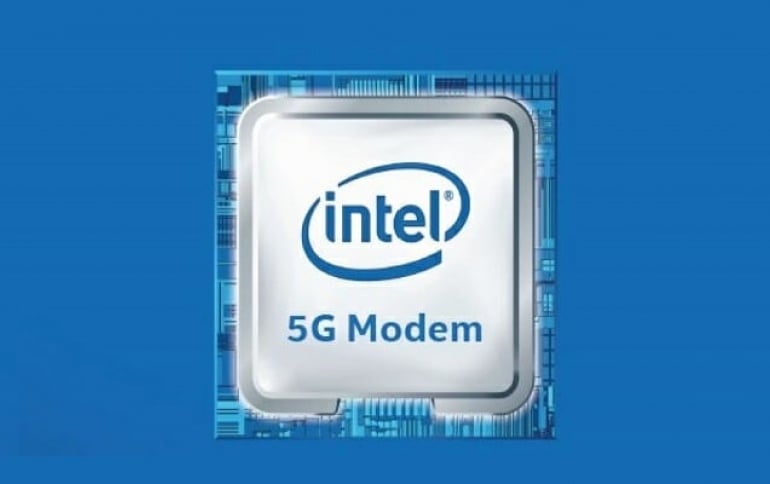Recently, there have been talks that the Cupertino giant was looking for partners to bring 5G compatibility to the upcoming iPhone models. Further, Apple had initiated talks to purchase Intel’s modem chip business, cited a report. After being in the negotiations with 5G modem manufacturers like Intel and Qualcomm, Apple finally joined hands with San Diego based – Qualcomm last week.

Both the companies – Apple and Qualcomm were in a tussle from the past couple of years. But surprisingly, they ended the court battle abruptly a week ago. Before the negotiations, Apple was aiming to develop its own chipsets for next year’s iPhone. To speed up the process, Apple even hired Intel’s lead developer for 5G phone modems, Umashankar Thyagarajan, in February. Though “poaching” isn’t a new concept for Apple, it does shed light on Apple’s desire to develop its own chipset in the coming years.
Apple aims to power 2021 iPhone models with its own developed chipsets, despite the six-year licensing deal, and a supply chain agreement with Qualcomm. On the other hand, Intel has entirely scrapped its plans to work on the 5G mobile modems business after Apple abandoned the 5G chip project.
According to internal emails, Thyagarajan’s departure from Intel’s 5G modem business was seen as a significant setback for Intel’s 5G ambitions. It forced the company to reshuffle the whole team but finally ended up on its 5G plans. Intel’s executives Messay Amerga and Abhay Joshi reveal in an internal email that Mr Thyagarajan had “played a key role” in the Intel chip that featured in last year’s iPhones and he had been the project engineer on developing its 5G chip, known as XMM 8160.
Intel was planning to sell off its 5G modem chip business to Apple or some other company, but all ended after Apple-Qualcomm settlement. Patrick Moorhead of Moor Insights reveals Intel’s chip business is costing around $1 billion annually, and the value is depreciating with every second without a sale.
Companies like Broadcom, ON Semiconductor Inc., Samsung, or Chinese company Unisoc Communications Inc are some potentials buyers for Intel’s business.







